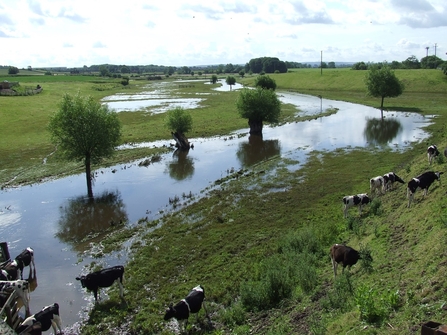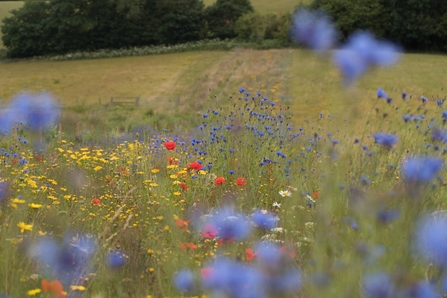Today, The Wildlife Trusts publish a briefing – Environmental Land Management schemes & Food Security – the case for increased investment in nature for UK Food Security – ahead of the Oxford Farm Conferences this week. The Wildlife Trusts are calling for:
- A plan to deliver at least 3,000 Countryside Stewardship Agreements per year by 2028, supported by increased resourcing for Natural England to process and offer agreements and a ring-fenced budget.
- An increase to the annual farming budget to £3.1 billion/year in England to support nature-friendly farming, safeguard livelihoods, improve animal welfare and meet critical climate, nature and water targets.
- A focus on ensuring that Landscape Recovery projects get “off the shelf” and enter the implementation phase, delivering real outcomes on the ground.
- Publication of an outcomes-focused Land Use Framework which sets out an overarching framework that guides prioritisation for land use change, and a national spatial plan that broadly identifies constraints and opportunities for land use.
The Wildlife Trusts will be involved in several events during the Oxford Farming Conferences highlighting the importance of nature’s recovery to farm businesses, food security and climate adaptation. See list of events further below.


